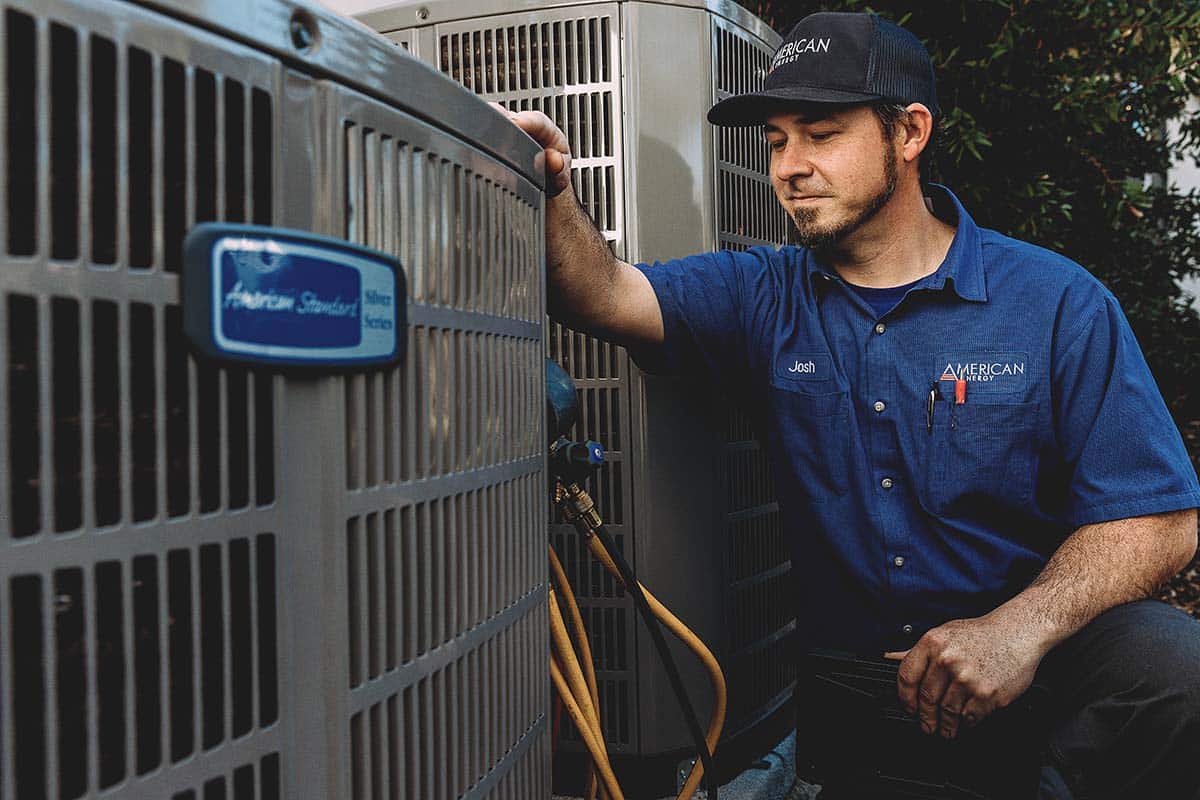How Long Should an AC Unit Last? Understanding Lifespan Expectations
Introduction
When it comes to comfort in our homes, few appliances are as essential as the air conditioner. As temperatures soar, the ability of your home to maintain a comfortable environment relies heavily on the efficiency and performance of your AC unit. But how long should an AC unit last? Understanding lifespan expectations not only helps you plan for replacements but can also save you money in the long run.
In this article, we'll explore various aspects that influence the longevity of air conditioning units, such as maintenance practices, environmental factors, and technological advancements. We will also provide insights into when to seek air conditioning repair services, how to find a certified HVAC contractor, and why timely AC replacement is crucial. Let’s dive deep into this vital topic!

How Long Should an AC Unit Last? Understanding Lifespan Expectations
The average lifespan of an air conditioning unit typically ranges from 10 to 15 years. However, several factors impact this duration, including type, maintenance frequency, and usage patterns.
Factors Influencing Air Conditioner Lifespan
- Central air systems often last longer than window units or portable models.
- A professional installation by a trusted HVAC contractor can significantly extend your unit's lifespan.
- Units running continuously in extreme climates may wear out faster than those used intermittently.
- Routine check-ups by a certified HVAC contractor can enhance efficiency and longevity.
- Factors like humidity levels and exposure to dust can affect performance.
Understanding Air Conditioning Systems
Air conditioners come in various types: central air systems, ductless mini-splits, window units, and more. Each has its own expected lifespan:
- Central Air Conditioning Units: Last between 12-15 years.
- Ductless Mini-Splits: Can operate effectively for about 15-20 years.
- Window Units: Typically last around 8-10 years.
Importance of Regular Maintenance
Regular maintenance is paramount for extending the life of your AC unit. Engaging in routine checks allows for early detection of potential issues before they escalate into costly repairs.
- Change filters every month during peak seasons.
- Schedule annual inspections with a certified HVAC contractor.
Not only does regular maintenance prolong your unit's life, but it also ensures optimal performance and energy efficiency—saving you money on bills!
Signs Your AC Unit May Need Replacement
Knowing when it's time for an upgrade is crucial:
If you answered yes to any of these questions, it’s time to consider contacting an air conditioning repair service or look into AC replacement near me.

Cost Considerations for Air Conditioning Repair vs Replacement
Understanding whether to repair or replace your air conditioner can be tricky but necessary for financial planning.
Repair Costs
Generally speaking, minor repairs might cost anywhere from $100 to $500 depending on the complexity and parts needed.
Replacement Costs
A new AC installation can range from $2,500 to $7,500 based on model type and size requirements.
| Type | Average Cost Range | |--------------------|-----------------------| | Window Units | $150 - $600 | | Ductless Mini-Splits air conditioning repair near me https://americanenergyair.com/loomis-hvac-company-heating-air-conditioning/ https://americanenergyair.com/about-us/ | $3,000 - $5,000 | | Central Air | $4,000 - $7,500 |
Long-Term Savings Analysis
While replacement may seem costly upfront compared to minor fixes, consider the long-term savings associated with improved energy efficiency and reduced repair costs over time.
Choosing the Right HVAC Contractor
When it comes down to selecting a trusted HVAC contractor for either repairs or installation:
By following these steps, you ensure that you're getting quality service from professionals who understand how long an AC unit should last!
Technological Advances Impacting Longevity
As technology evolves rapidly within home cooling systems:
Investing in newer technology could mean not just comfort but also longevity!
FAQs
Q1: What affects my air conditioner’s lifespan?
A: Key factors include usage patterns, maintenance frequency, type of system installed (central vs window), environmental conditions on-site (dust/humidity), and initial installation quality by a certified HVAC contractor.
Q2: How often should I schedule maintenance?
A: It’s advisable to have professional servicing done at least once per year; however, biannual check-ups are recommended if you live in areas with extreme weather conditions.
Q3: When should I consider replacing my old AC unit?
A: If your system is older than 10 years and frequently requires repairs or shows decreased cooling efficiency combined with rising utility bills—it might be time for an upgrade!
Q4: What are signs that my AC needs immediate repair?
A: Unusual noises or smells coming from the unit; inconsistent cooling; water leaks; or increased energy costs without changes in usage habits indicate that professional help is necessary ASAP!

Q5: Can I perform my own maintenance?
A: While basic tasks like changing filters can be done DIY-style; complex diagnostics should always be left to certified professionals who understand intricate system mechanics fully—don’t risk voiding warranties!
Q6: Where can I find reliable air conditioning repair services near me?
A: Use online platforms featuring customer reviews or ask friends/family for recommendations on trusted local contractors offering comprehensive ac services near me!
Conclusion
Understanding how long an AC unit should last provides critical insights into home comfort management while emphasizing the importance of regular upkeep through qualified personnel such as certified HVAC contractors nearby!
As we’ve explored throughout this article—from recognizing key influencing factors affecting longevity all the way down determining when it’s best seeking professional assistance—staying informed empowers homeowners decisions regarding their cooling systems effectively ensuring peace-of-mind during sweltering months ahead! Remember always prioritize regular maintenance because with proper care even aging units can continue serving faithfully beyond their expected lifespans!